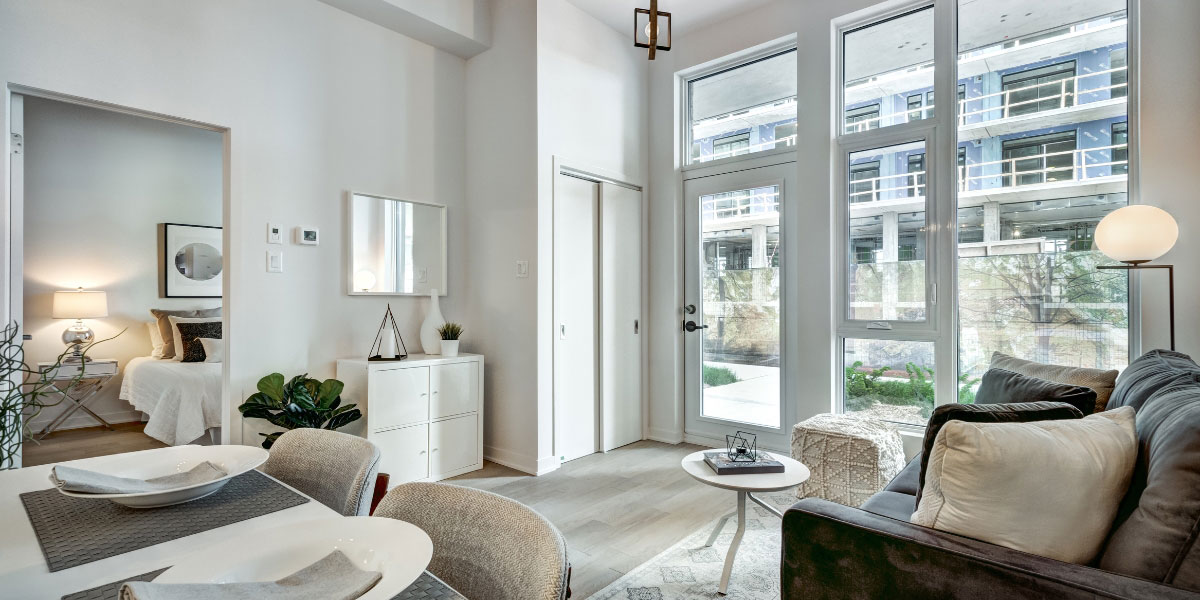How Much Does it Cost to Hire a Property Manager in Washington?
If you're considering hiring a property manager to ease the challenges of being a real estate investor or property owner, you're likely pondering...
3 min read
Jan Wieder : Aug 19, 2020 7:48:00 AM
Not every potential investment property on the market in the South Puget Sound area is in tip-top shape, and that’s okay. Sometimes you can maximize your profit by choosing a property that will serve your purpose and provide long-term value after it’s undergone a few renovations.
In order to carefully execute this strategy, however, you must have a firm idea of how you plan to use the currently distressed property and what upgrades will cost-effectively improve the way it looks or functions. Additionally, you should know how to calculate an after repair value (ARV) and how to use that number.
In the real estate world, ARV simply stands for the value of a property after it has been renovated as opposed to look at the value of properties nearbyin its current condition. Occasionally, realtors, appraisers, and others in the industry may use the terms “after repaired value” or “after repairs value” but they all mean the same thing.
Simply put, you want to figure out if a certain property is worth purchasing and renovating for the purpose of reselling or renting the home or building. This calculation is also used profusely in the real-estate flipping business.
In order to determine the ARV of a property, you or an appraiser can use a simple real estate formula: (Purchase Price) + (Value from Renovations) = After Repair Value. In comparing that to only the purchase price, you derive a percentage that indicates how much you can expect the property’s value to increase.
Calculating the variables for the equation—particularly the estimated value from renovations—is the more complex part of the process. Here are the steps you or the appraiser will take to determine those numbers:
Keep in mind the ARV is not a definitive number or percentage. It is an educated guess or estimate based on your understanding of the local real estate market and knowledge of remodeling costs. When calculating the cost of repairs, it’s also a good idea to get estimates from several contractors to derive the most accurate numbers to use as the variable. This is a scenario where it pays off to be conservative and assume potentially higher costs than the end result.
Another tricky part of calculating ARV is there may be more repairs needed than initially meet the eye. If the damage on a property is more extensive than you realize, it could change the renovation estimate for your equation. As an investor, your goal is to make the best decisions you can and account for potential losses that may result from unseen circumstances.
When it comes to investing in real estate in Seattle, the rule of thumb is that you want to make at least a 30% return on investment (ROI) for a property. That means you should avoid bidding on or purchasing real estate that exceeds 70% of the ARV minus the projected cost for repairs and renovations. To calculate that number, use this formula: (AVR x70%) – cost of repairs = maximum purchase target.
If repairing or remodeling a property adds little value compared to what it’s worth in its current condition, it’s likely an undesirable or unprofitable investment. You may also have more difficulty securing financing to purchase the property and/or complete your envisioned renovation projects.
There’s a lot that can be gained from buying a distressed home or building, renovating the space, and turning it into a rental property. With the right investment property, you can turn a profit for many years to come. In order to protect and make the most of that investment, consider partnering with Powell Property Management. We offer a wide range of professional services to help you market, maintain, and manage your residential properties in the Seattle area.

If you're considering hiring a property manager to ease the challenges of being a real estate investor or property owner, you're likely pondering...

Being a landlord in Seattle can be a rewarding and profitable venture, but it also comes with several new responsibilities and challenges. For many, ...

Navigating the multi-family investing landscape in the Seattle area requires a blend of savvy management and strategic foresight. With the rental...